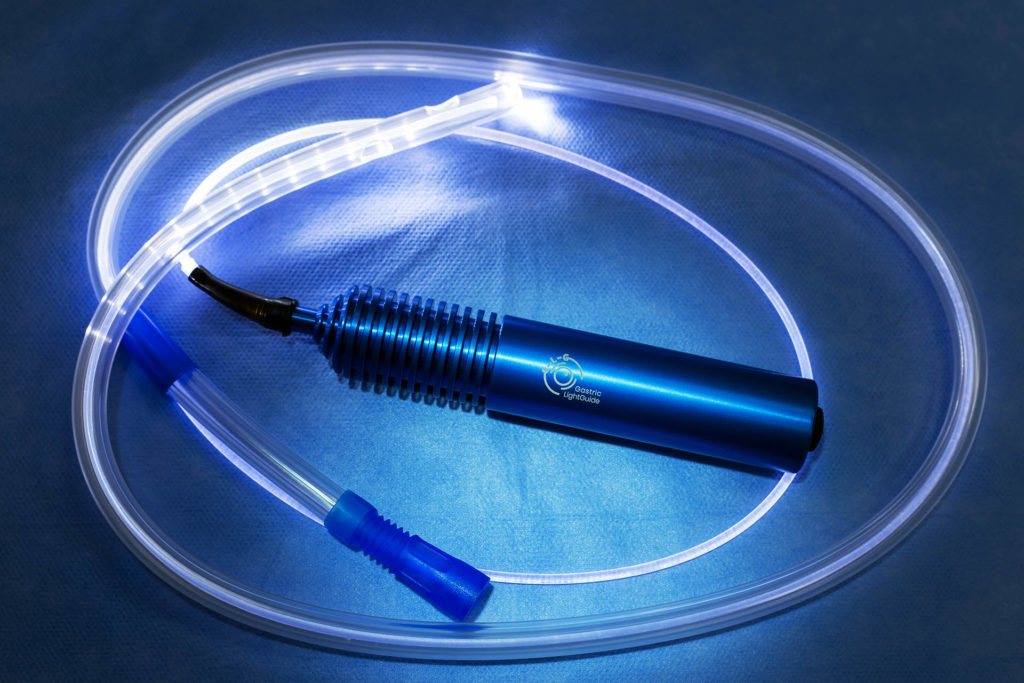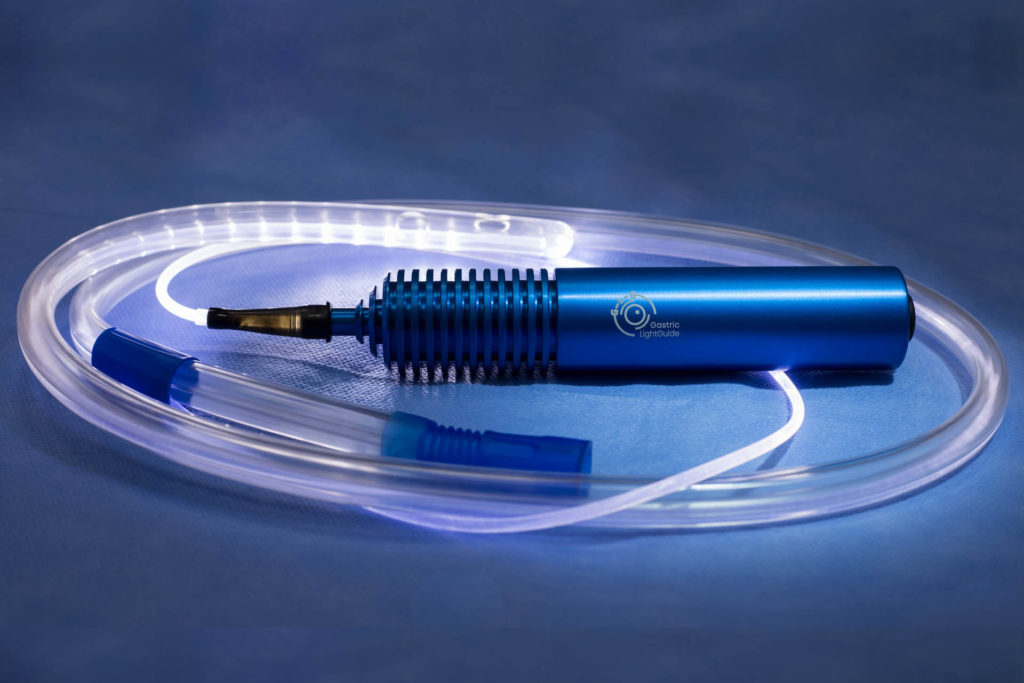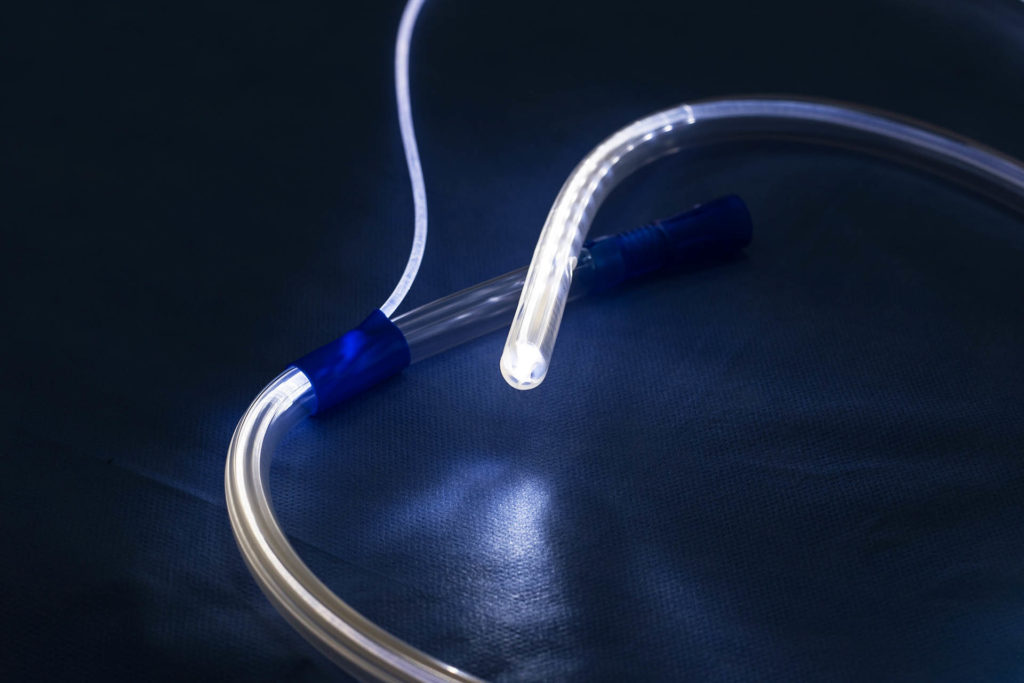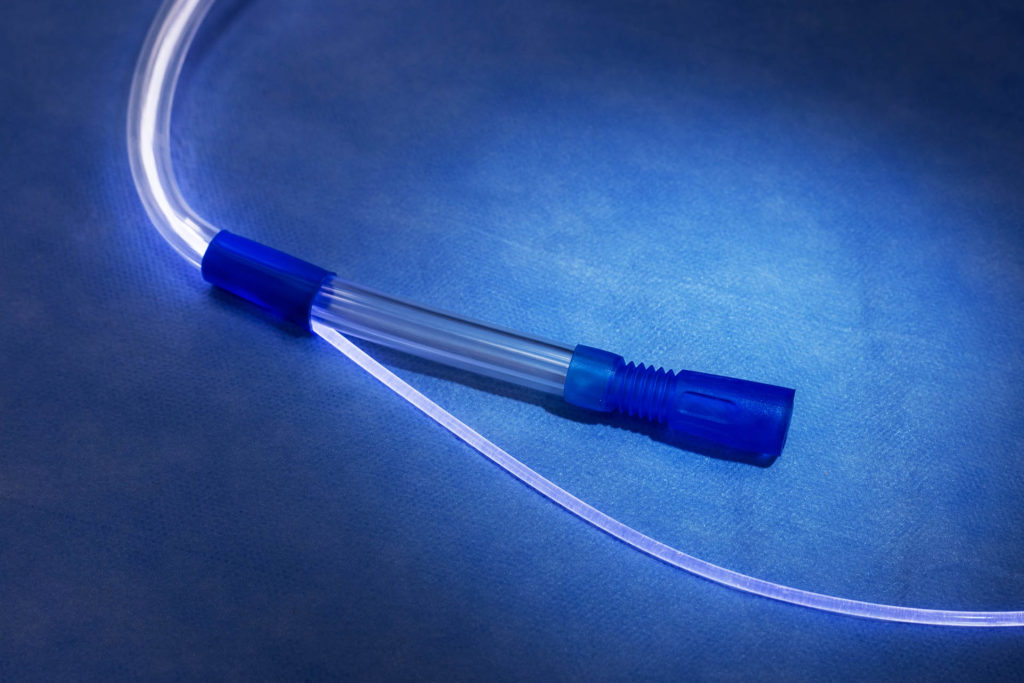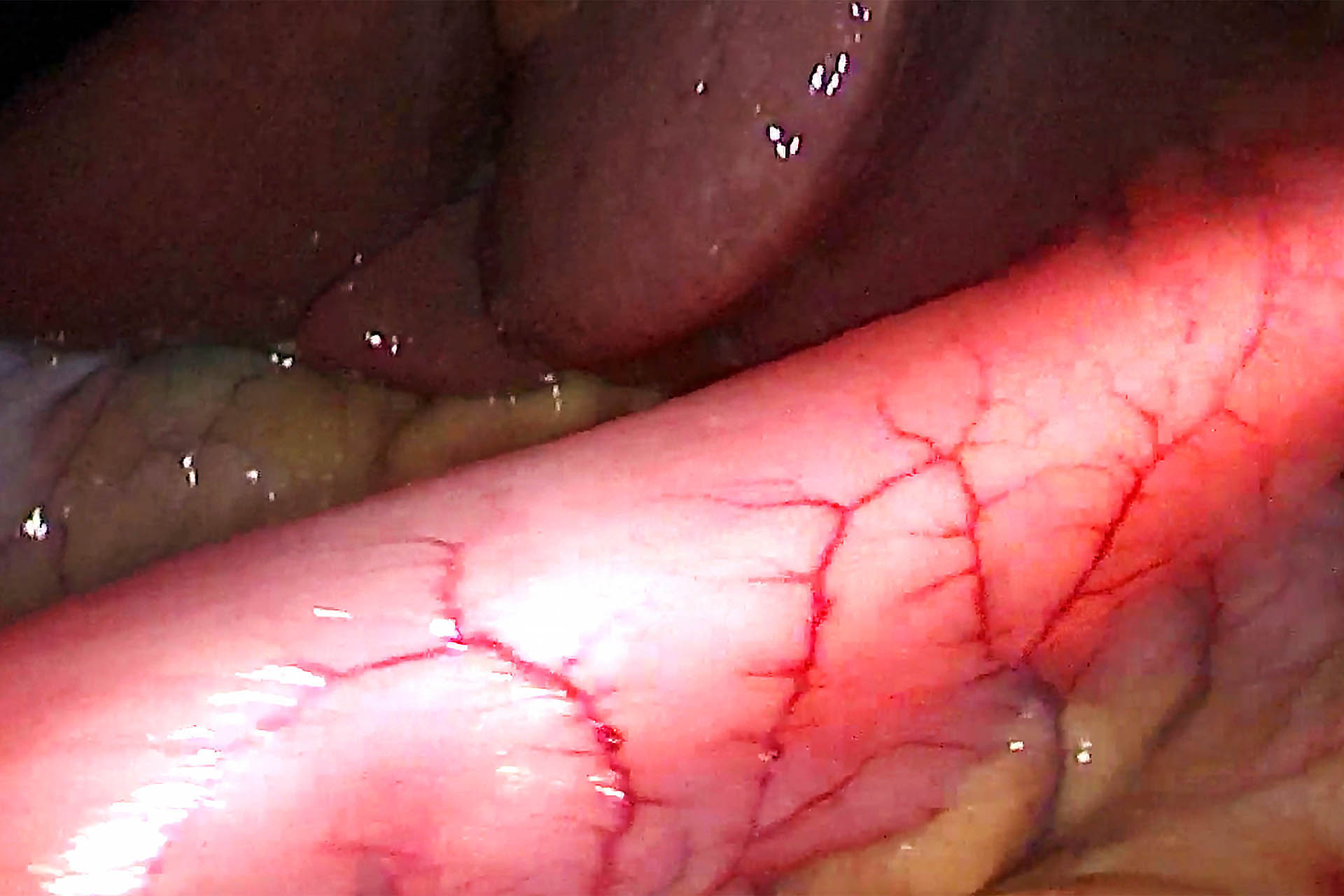
What is Gastric Sleeve Surgery
Gastric sleeve surgery, also known as sleeve gastrectomy, is a type of weight loss surgery that involves removing a large portion of the stomach. This procedure is typically reserved for people who are severely obese and have not been able to lose weight through other means, such as diet and exercise.
During the surgery, a surgeon will use a laparoscope (a thin, tube-like instrument with a camera on the end) to make several small incisions in the abdomen. They will then remove a large portion of the stomach, leaving only a small sleeve-shaped portion of the organ. This smaller stomach is about the size of a banana and can hold only a small amount of food, which can help a person feel full faster and eat less.
One of the main benefits of gastric sleeve surgery is that it can help a person lose a significant amount of weight. In fact, many people are able to lose up to 60% of their excess body weight within the first year after the surgery. This can lead to improvements in other health conditions, such as diabetes, high blood pressure, and sleep apnea.
Another advantage of gastric sleeve surgery is that it is a relatively simple procedure. It can be performed laparoscopically, which means that the surgeon makes small incisions in the abdomen and uses specialized instruments to complete the surgery. This can lead to a shorter recovery time and fewer complications compared to other weight loss surgeries, such as gastric bypass.
There are also some drawbacks to gastric sleeve surgery. For example, the surgery is irreversible, which means that a person cannot go back to their original stomach size if they change their mind. In addition, the surgery is not without risks. Complications can include bleeding, infection, and blood clots.
Overall, gastric sleeve surgery can be an effective option for people who are severely obese and have not been able to lose weight through other means. While there are some drawbacks to the surgery, it can lead to significant weight loss and improvements in other health conditions. However, it is important to carefully weigh the pros and cons of the surgery and discuss it with a doctor before making a decision.



